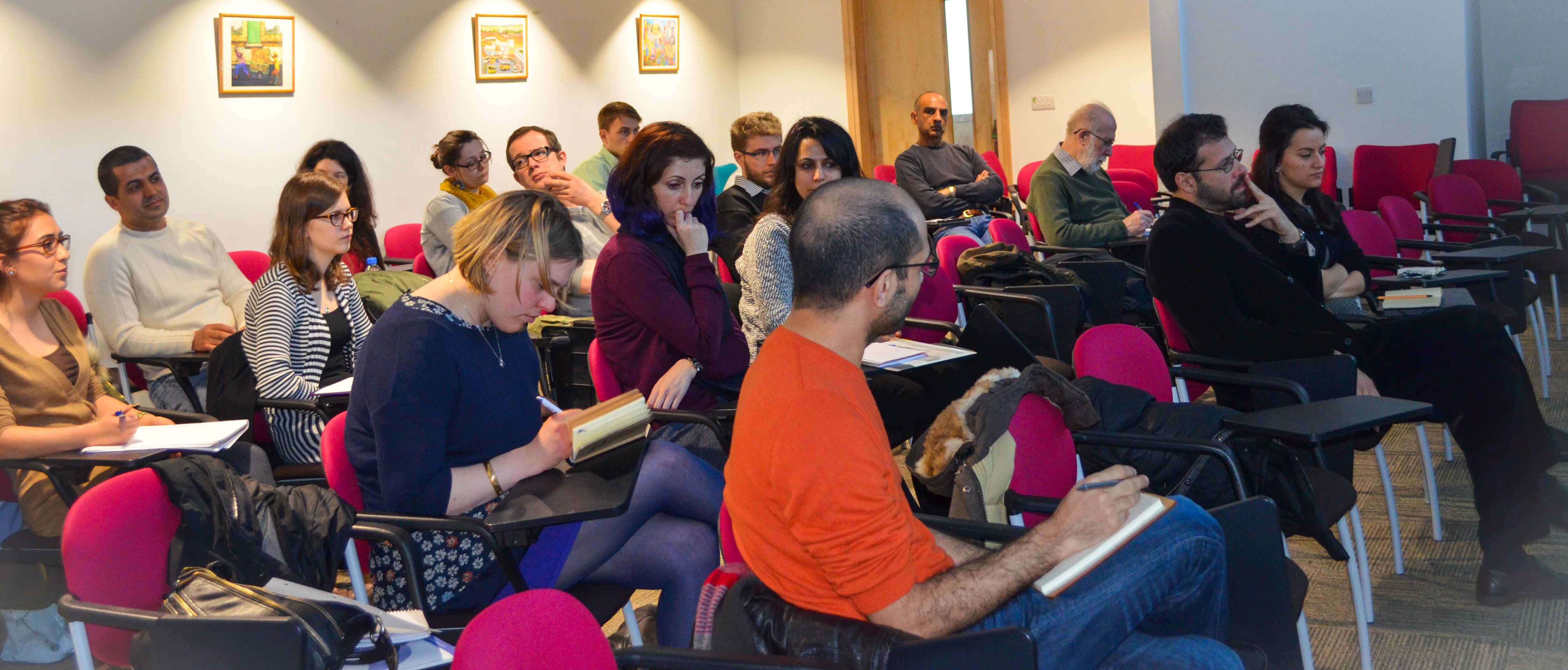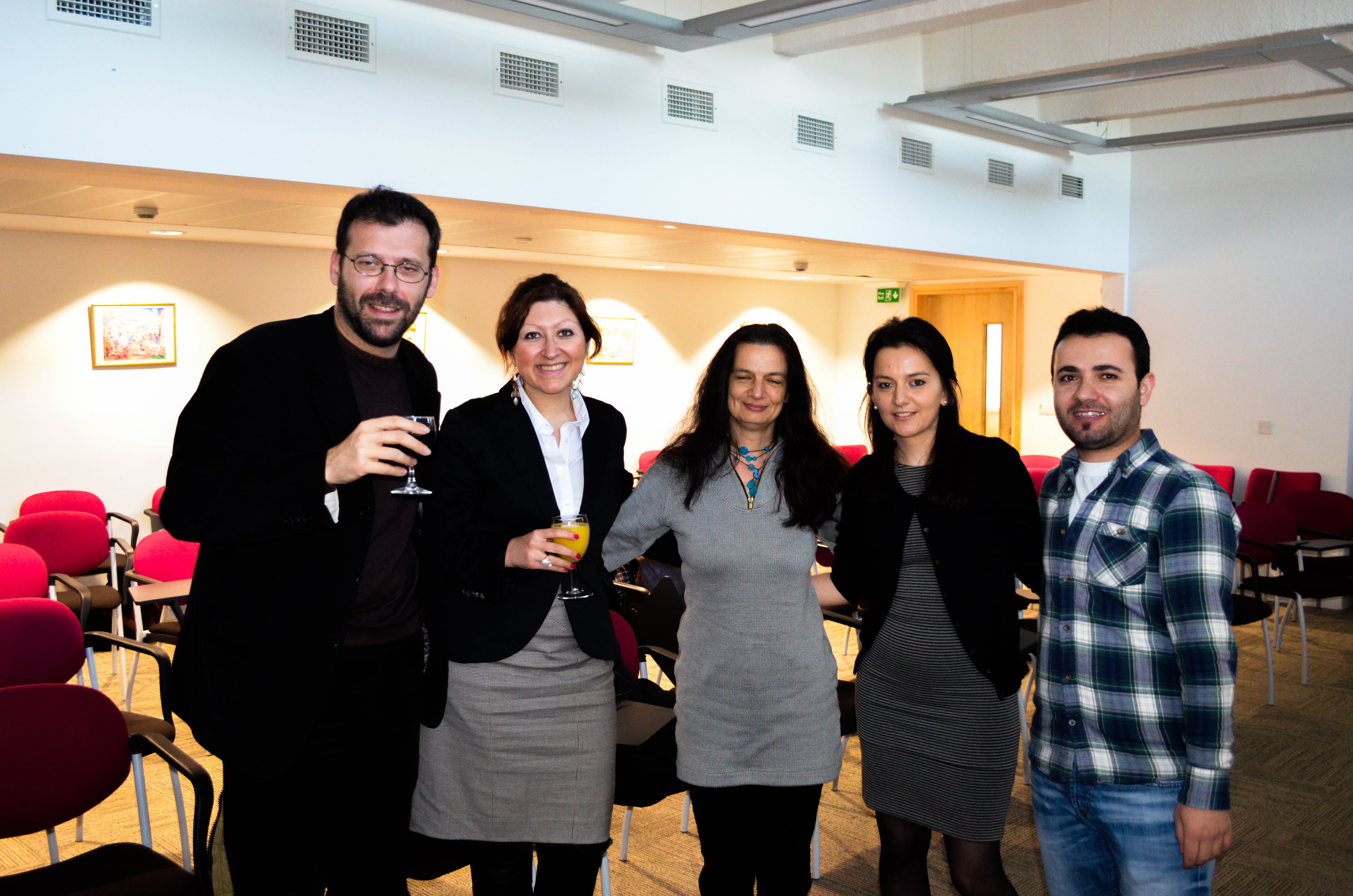The special CREES/POLSIS Seminar on The Production of Migrants in Contemporary Capitalism presented the work of two young scholars:
Dr Nikolaos Xypolytas (University of Cyprus) and Dr Bahar Baser (University of Warwick)
This Special CREES/POLSIS Seminar focused on the migration process in the contemporary capitalist European societies. Dr Nikolaos Xypolytas‘ paper presented the findings of his most recent research on the process of migrant exclusion in the case of Ukrainian domestic workers in Greece. His sociological study looks at exclusion as a three-stage process that involves not only the host country but the country of origin as well. The process starts with the impoverishment of the workers in the country of origin, which results firstly, in the change of work orientations and secondly, in the actual migration process. The second stage involves the allocation of the labour force, following an ethnic and gendered division of labour in the host country. The third stage is centered on the concept of reproduction of work, where migrant domestic workers internalise the rules and regulations of their employment. The result of this process is the isolation of migrants and their entrapment in their low-status jobs. Dr Bahar Baser discussed the challanges she came across conducting her qualitative research on contenious issues in Turkish and Kurdish diasporas in the Netherlands and Germany. She argued that in any research that utilizes ethnographic research methods, it is crucial that the researcher is aware of their ‘subject position’ and how this position affects relationships betwen the researcher and the interviewee. Since the outcome of the study and the knowledge that it produces are very much dependent on this positionality, it is important that the researcher informs the reader where he/she stands. The researcher is by no means ‘an objective observer’ , as their gender, class, religion, ethnicity, or age among other factors, may have an impact on the research process. Therefore, the researcher should be conscious of his/hers priviledged position and potential power relations with the groups that are under study and should adopt a ‘reflexive approach’ which refers to a self-reflection process during the selection of the subject, the fieldwork, as well as analysis of the data gathered.
The seminar was chaired by Dr Deema Kaneff who facilitate a very stimulating discussion between presenters and audiance. Everyone was encouraged to share their views and pose their questions in a very friendly and hospitable atmosphere. The event drew together staff members, postgraduate students and scholars from different universities.
The organizers, Polina Manolova and Veysel Erdemli would like to thank everyone for the expressed interest, attendance and stimulating discussion.



I loved Josie’s face on the picture illustrating this blog post.